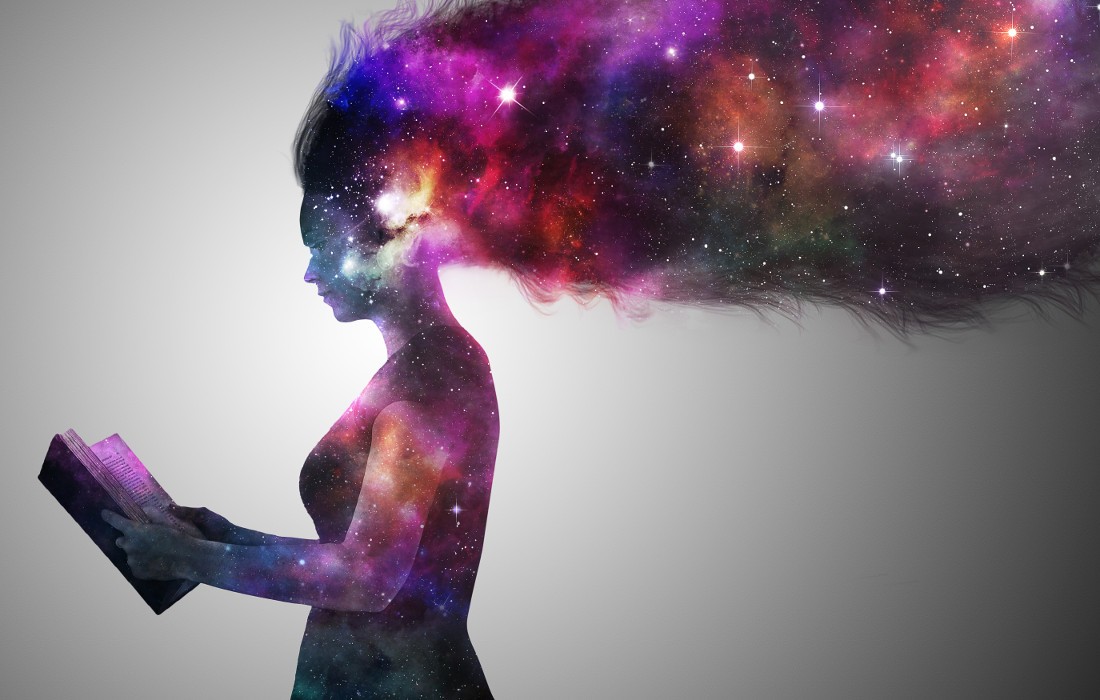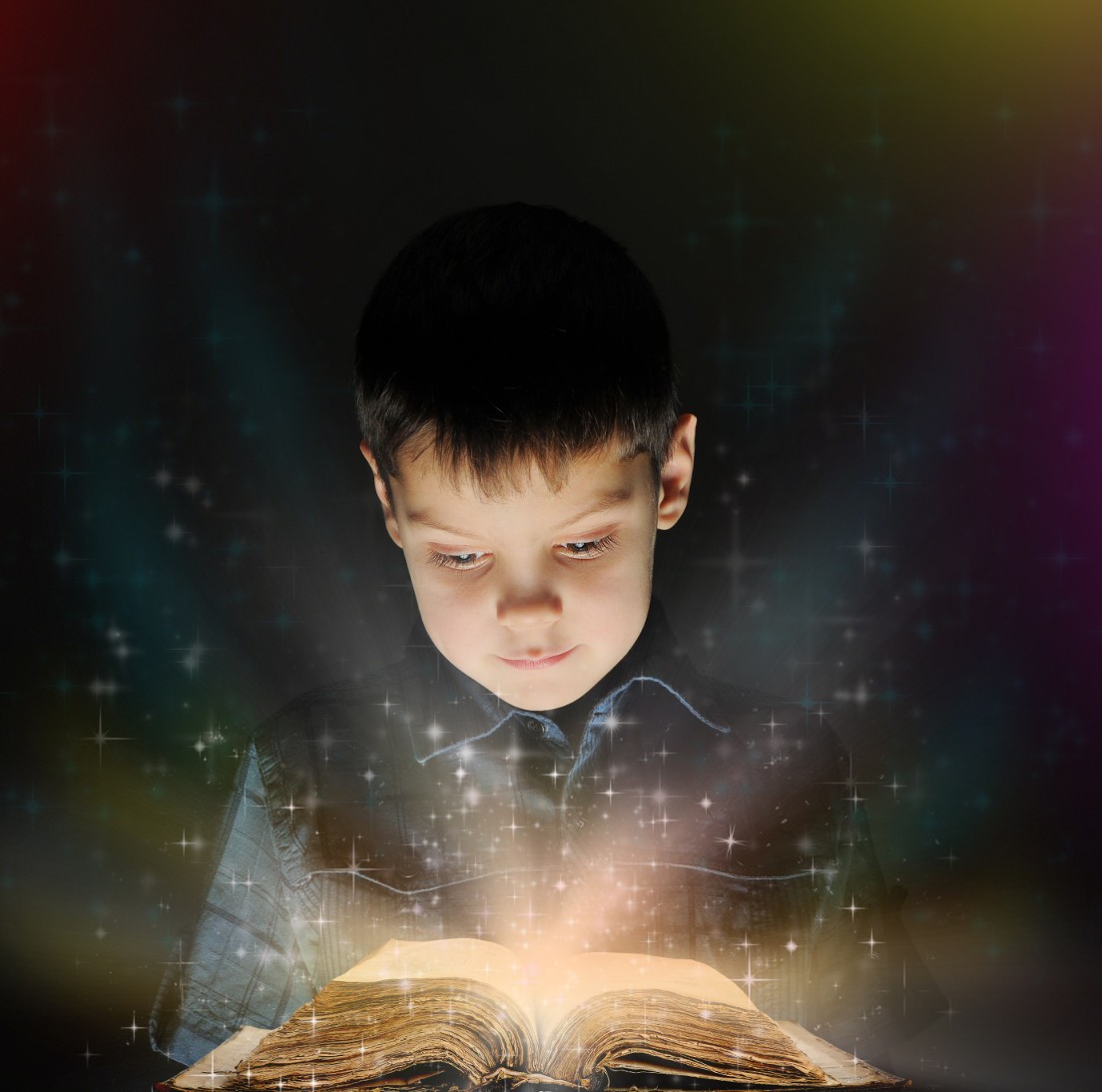Why Is Imagination So Important?

This is the final installment of my four-part weekly series, Ex Nihilo.
You were born a philosopher. As a child, you spent hours beneath the stars, hypnotized by the transcendent mysteries of the cosmos. But with age came the people who told you it was time to grow up, that it was time to shed your imagination like a used skin so you could focus on more pragmatic concerns. You always secretly thought they were wrong, that you should never trade your fantasies for an ordinary life. But the world would always bear down on you with its facts and figures, wearing away at your soul like a grinding stone until you began to crack and buckle around the edges.
You never stopped using your imagination, but you did begin to keep it to yourself, afraid there might be something wrong with you, afraid you might be defective simply because you’ve always managed to see the world differently. A part of you wondered if the world had been correct, if you would have been better off abandoning artistic pursuits for more worldly endeavors.
You probably asked yourself, “Why is imagination so important?”
Imagination is a lamp set before us to light the way.
The universe is a mystery. Most of its secrets remain untouchable, impenetrable, making it a frightening place where all we can do is stumble around half-blind in the dark. Imagination is the light that dispells this darkness, making the cosmos accessible. It’s a mental framework, a way of perceiving the world. It doesn’t claim to know the answers, but endows us with the creativity necessary to discover them. Through fantasy, the enigmas of life and existence are revealed, making us better equipped to relate to reality.
Imagination is a covenant between the Universe and Man.
It hints at what lies beyond the horizon and assures us that all the universe has to offer can be ours if only we have the courage to pursue our dreams. It’s a promise made to us by a faithful cosmos, and through the years, this promise matures into a confident trust in the unknown, a sure belief that the world is fundamentally ordered and that one day we will know the answers to our deepest questions.
Imagination is a mentor.
It precedes every great discovery. It teaches not through rote memorization or blind adherence to established doctrine, but through hands on experience, passion and dedication, instilling within us a profound yearning for the Truth. It teaches us how to reach beyond the obvious to grapple with things we don’t fully understand, enabling us to cast our minds into the darkness like a fisherman’s net to capture something new.
And once we’ve hooked a mystery, we can use logic and systematic thought to reel it in, for imagination and reason are not contradictory but complimentary forces. Like the synthesis of body and soul, the fusion of imagination and reason is a sum much greater than its parts.
Imagination teaches us to love.
It sparks in our hearts a curiosity that drives us to learn about other people, and it gives us the unique perspective necessary to discover in an ocean of differences all the things we have in common. This understanding blossoms into empathy, so that it becomes possible for us to love our neighbors as ourselves.
Imagination facilitates creation.
It allows us to picture things not just as they are, but as they might be. Guided by this internal vision, we can shape and mold the universe according to our designs, so that we become manufacturers as well as consumers of reality.
Imagination is life-giving.
It’s a wellspring of potential energy, a supernova of the heart, an explosive force that illumines and breathes life into the cosmos. It transforms us, orients us toward a more perfect union with the world and its creator.
To turn our backs on fantasy and the imagination is to turn our backs on the Universe, to slowly wither and die, cut off from the cosmic vine that sustains us. We must not let the cynical voices of the world discourage us. Rather we must venture forth into the dark unafraid, so that someday, we can find the answers we seek, so that someday, at long last, we can discover the meaning of our existence.
Enter your email address and click "Submit" to subscribe and receive The Sign.
